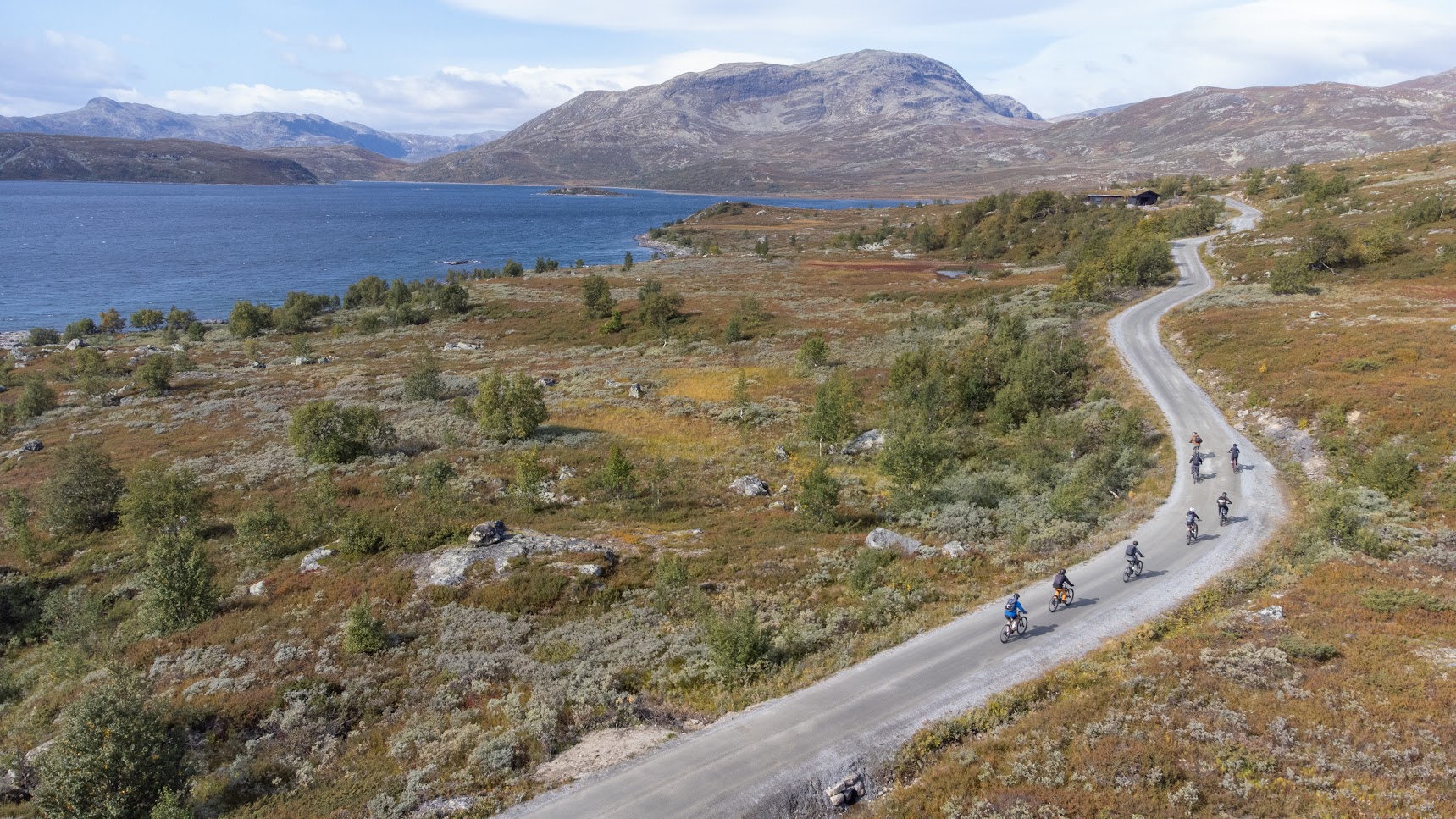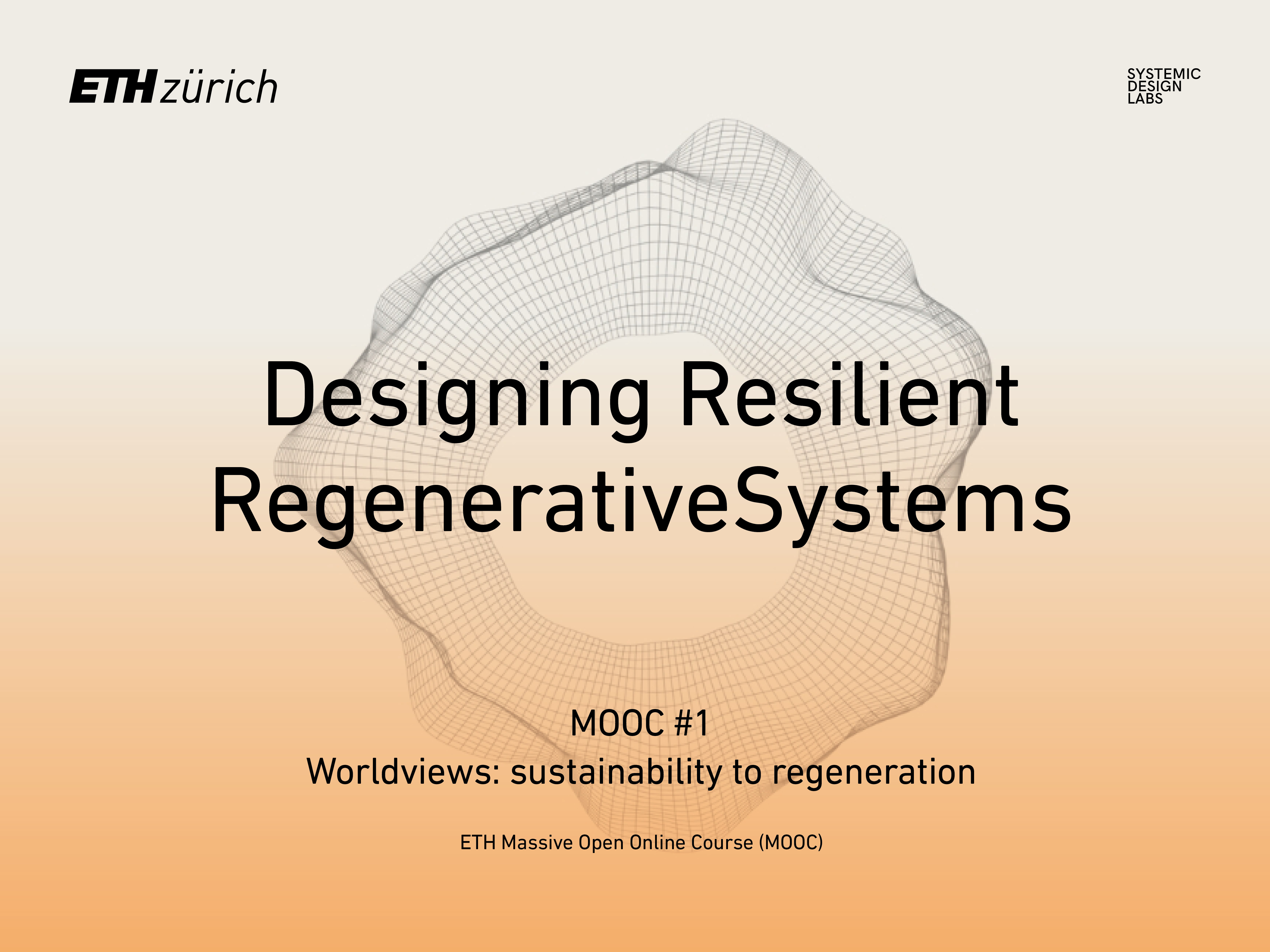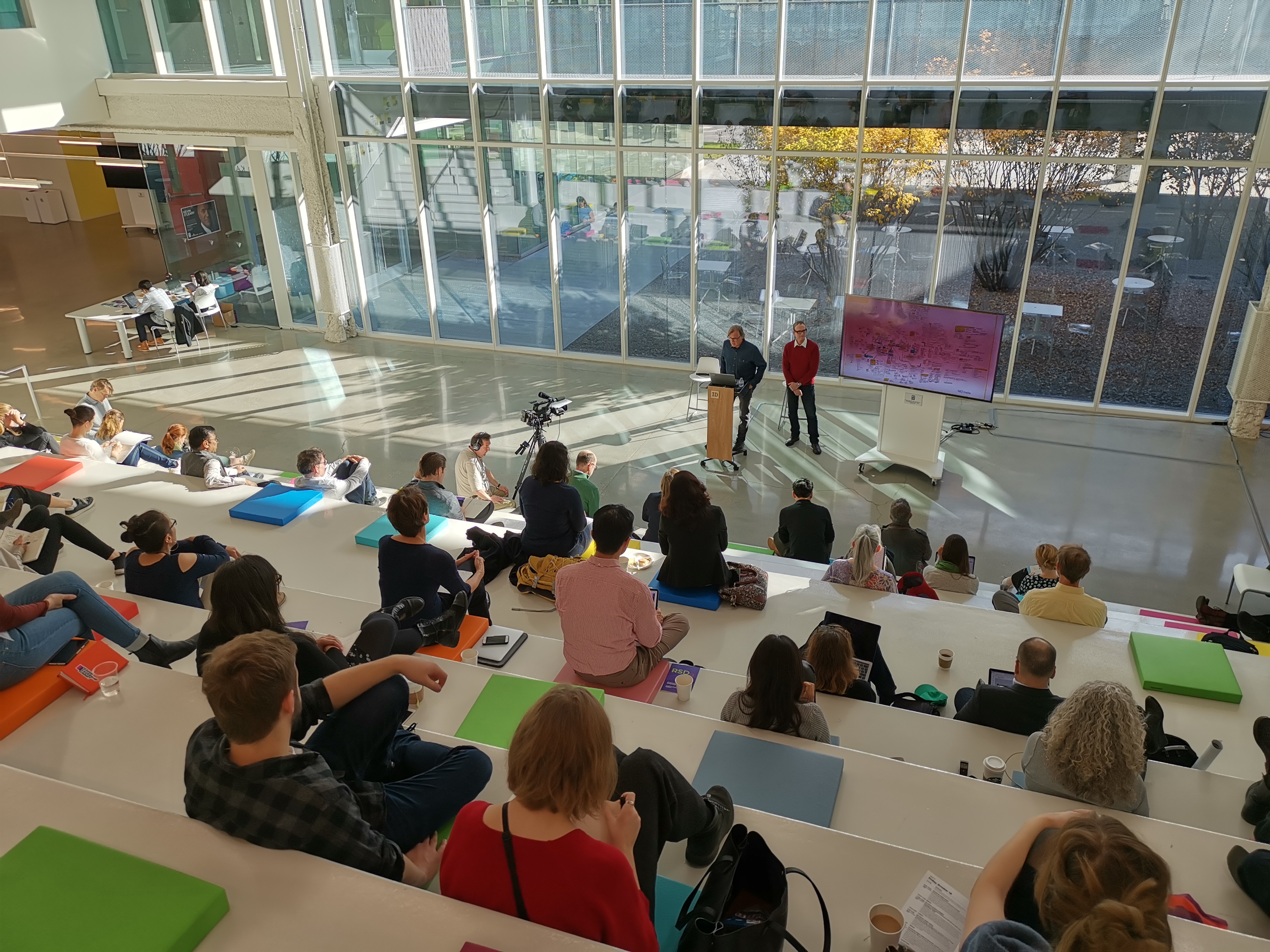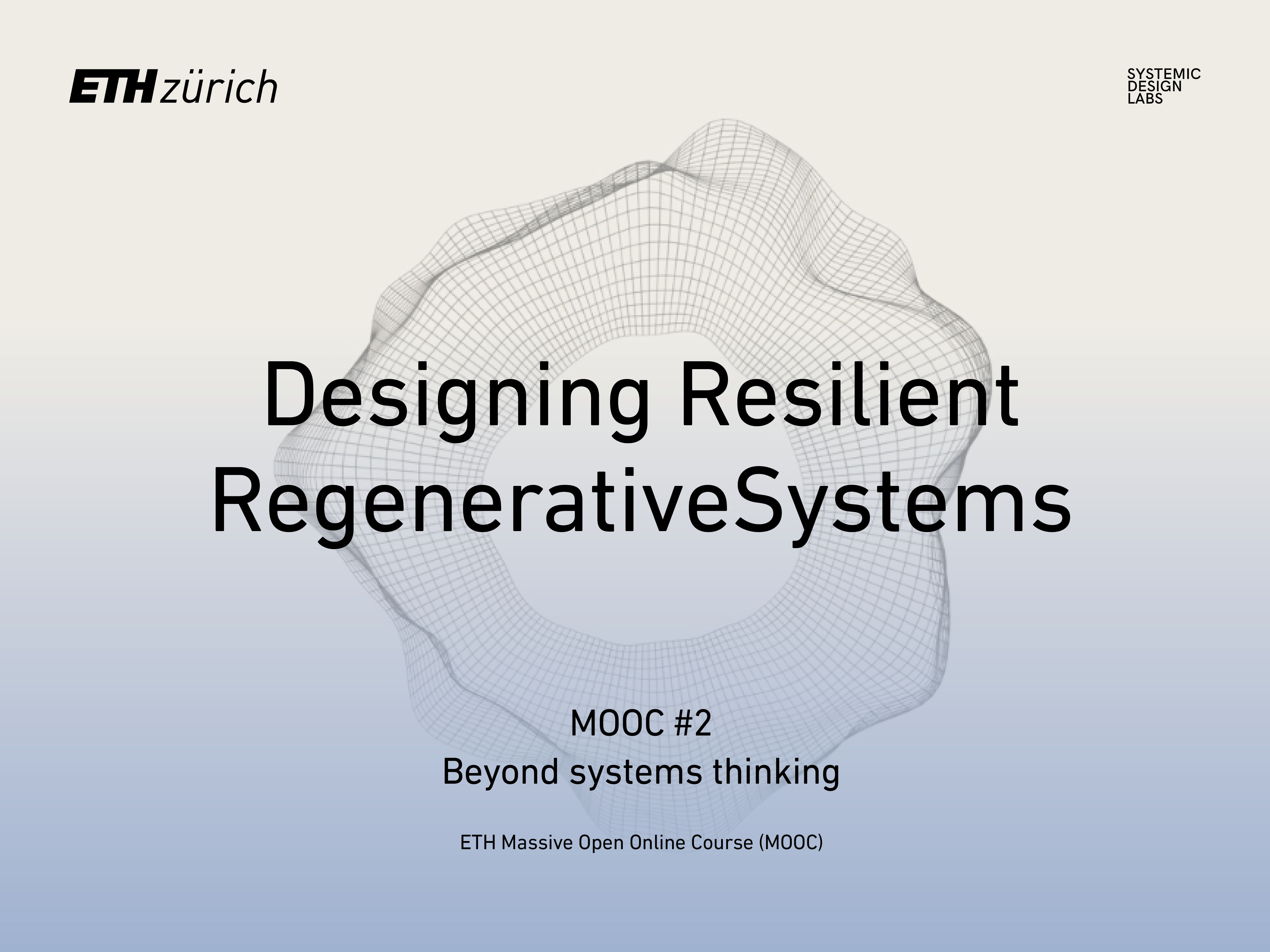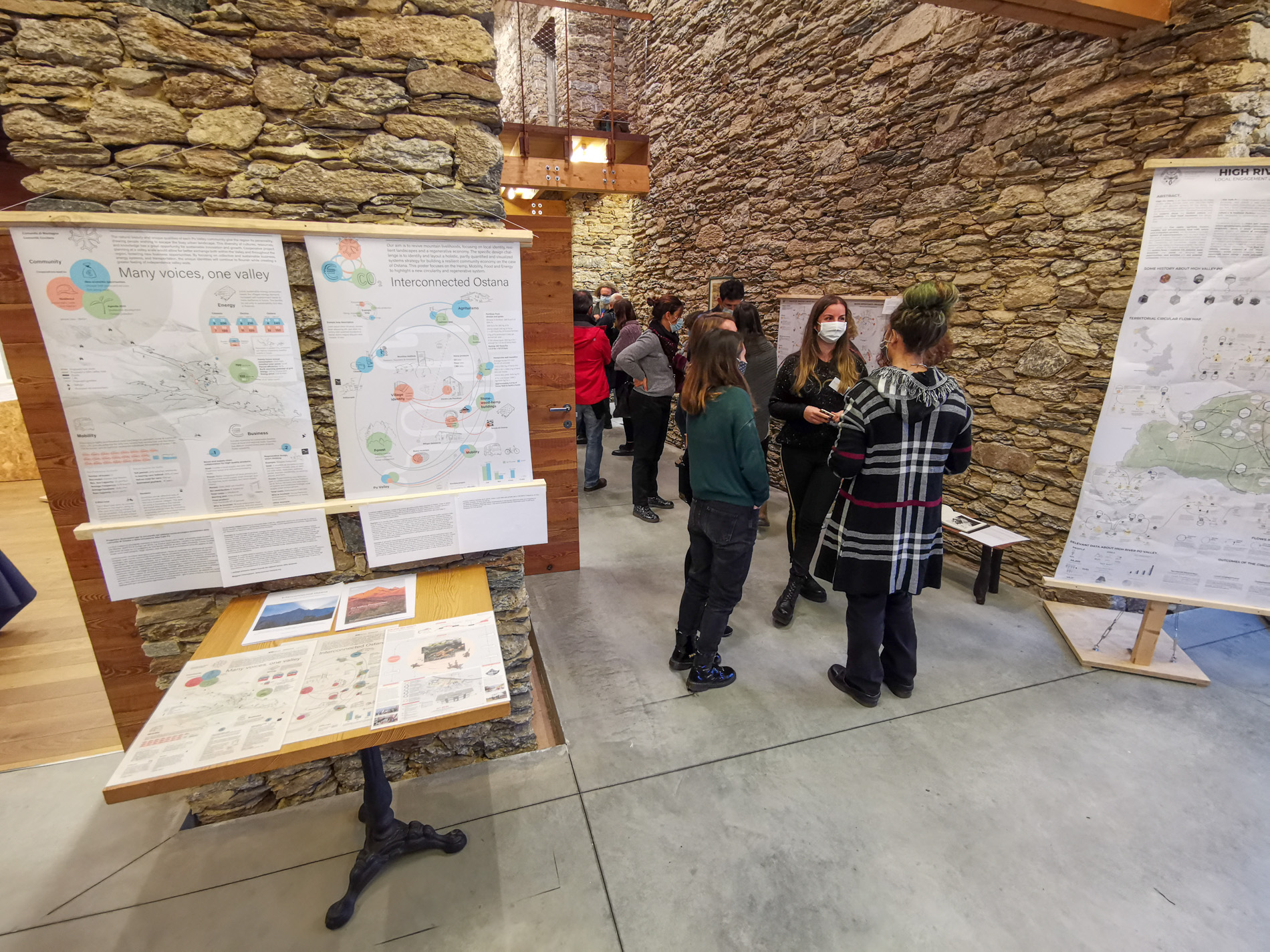Alpine Urban Resilience
Urban and alpine areas around the globe are socio-economically connected, through the exchange of goods, through tourism, through various up- and downstream cycles -we refer to alpine-urban circularity. Many mountain livelihoods are dependent on the flow of urban populations seeking refuge in nature. Increasing urban heat has driven city dwellers to cooler temperatures at higher elevations. With urban populations more economically inclined to travel, they contribute to a higher carbon footprint, which leads to increased pollution, traffic and overtourism. This urban-alpine migration has been dramatically accelerated due to COVID19, as many city dwellers sought escape from both the disease and the lock-down restrictions. The increased urban demand for accessibility to nature and the connected thrive for limits to tourism in alpine communities call for the urgent challenge of cultivating new alpine-urban solidarity. Radical transformative change and multilateral cooperation across scales are critical to building resilience to interrelated global crises through regenerative local and regional practices: alpine-urban resilience.
What makes a mountain community and its livelihoods resilient, given the current social, economic and ecological pressures? What makes it worth living in a rural mountain community? What are community regeneration strategies in remote geographies, like mountains? How does “more nature” relate with compassion for nature, systems thinking, and acting? And how do urban and rural/alpine places interact? How does this change our awareness as visitor/tourist, and as a local? What can we learn for re-designing how we live back in the urban, in cities?
We discover and design approaches to these questions, merging science, design, and local practice in and from wonderful, wild, dynamic, mountain outdoor environments – stimulating local physical action. We engage in rich local “real” settings with smaller core groups of people, while carrying these experiences out into the world by virtual means
This research is connected to AHO PhD student Haley Fitzpatrick’s work on comparative mountain identity in Ostana Italy, Hemsedal Norway, and Mammoth California.


